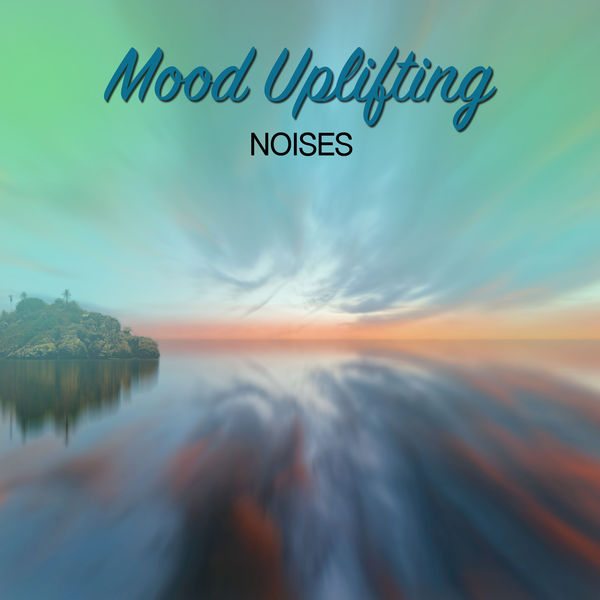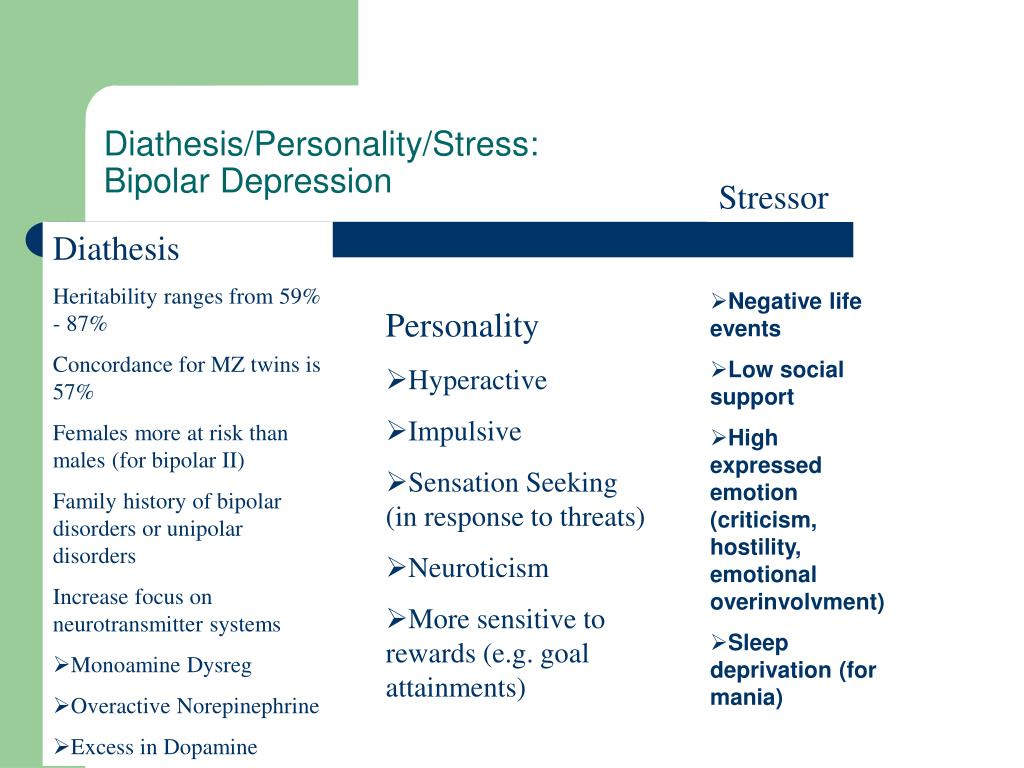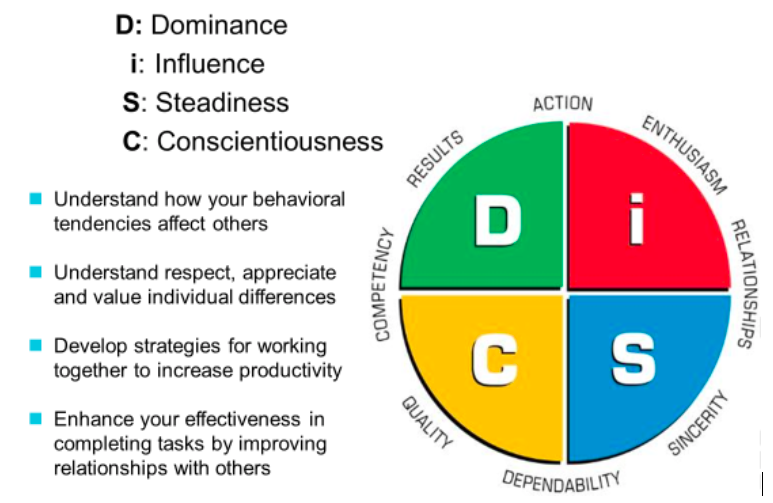Unwind and relax
This is How to (Actually) Relax
When you feel overwhelmed or exhausted, it can be hard to shift gears into relaxing. These tips will help you to find your Zen.
Relaxing sounds easy, but in practice, that’s not always the case.
There are a lot of reasons why you might find it hard to unwind: Maybe you feel guilty about taking time for yourself, or your daily life is so busy that downtime just feels impossible. Perhaps you live with an anxiety disorder, or another condition that creates a lot of tension.
Sometimes, you might turn to an activity that seems relaxing but leaves you feeling more depleted afterward — for example, recreational substance use, or scrolling on social media. But there are lots of stress reduction techniques out there that you may find more restorative.
Below are 20 tips and techniques for how to:
- relax your mind
- release stress from your body
- find more balance
For starters, keep in mind that relaxation is an incredibly individual thing. It’s totally OK if you find many of these tips don’t work for you — the key is noticing what does.
If you have trouble identifying what makes you feel relaxed, don’t worry. That’s quite a common feeling, and might be an indication of just how burnt out you are. Try to take note of what happens in your body when you try a new technique, and use that as your barometer.
Deep breathing is one of the fastest and most scientifically reliable ways to relax. Research shows that breathing techniques can help to activate the parasympathetic nervous system, which allows the body to:
- relax
- rest
- digest
It’s the opposite of the sympathetic nervous system, which controls the fight-or-flight stress response.
There are lots of different deep breathing techniques, but an easy one to start with is 4-7-8 breathing.
You can:
- close your eyes
- inhale for four counts
- hold that breath for seven counts
- exhale for eight counts
Try taking a moment to gently massage your jaw, focusing on the temporomandibular joint (TMJ) just below your ears.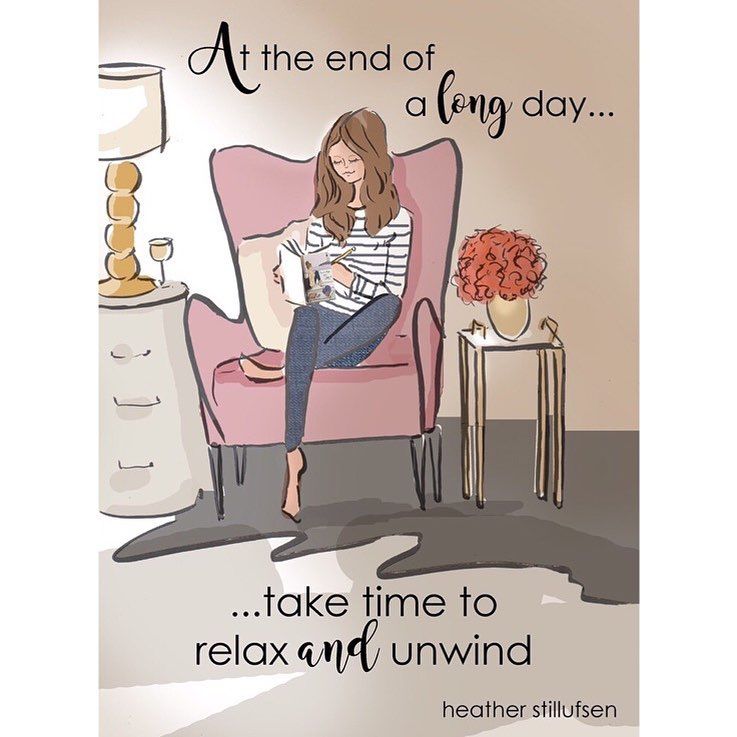 You might be surprised by how much tension you find there.
You might be surprised by how much tension you find there.
Even if you don’t grind your teeth or have a TMJ disorder, it’s very common to clench your jaw unconsciously in response to stress. Over time, this can build up and create a lot of tension.
To release it, try resting your tongue gently on the roof of your mouth, and then allow your teeth to part a little. You can find more jaw-release exercises here.
Sometimes, it’s hard to relax if you know your to-do list is out of control. If you’re juggling lots of different tasks at once, try taking a few minutes at the start of the day (or whenever makes the most sense) to prioritize what’s most important.
Make sure that you’re realistic about how much you can get done in a day, and try not to overload yourself.
By the same token, it’s vital to keep track of the things you get accomplished, instead of always focusing on the tasks you didn’t manage to get to. One way to do this is by keeping a “ta-da list” – once you finish a chore, move it here from your to-do list.
By the end of the day, you’ll have a satisfying record of your triumphs, which can help you to feel like you’ve earned a break.
Spending time outdoors and in nature has been shown to improve mental health, and mitigate the symptoms of many conditions like depression and anxiety.
Consider some gentle exercise in a park, forest, or any outdoor space you have access to. Alternatively, you could volunteer at a community garden or farm, or explore a new hobby like bird-watching or foraging.
If it’s a challenge for you to spend time physically in nature, there’s another option – visualize yourself there. Research from 2018 suggests this can have a surprisingly powerful effect on mood.
Visualization is a meditation technique that involves focusing on a particular mental image or scenario, as a way to relax or to feel more confident. Guided visualization meditation can be a wonderful way to start a practice.
Iceland hosts this joyscrolling site, of visual and auditory ASMR.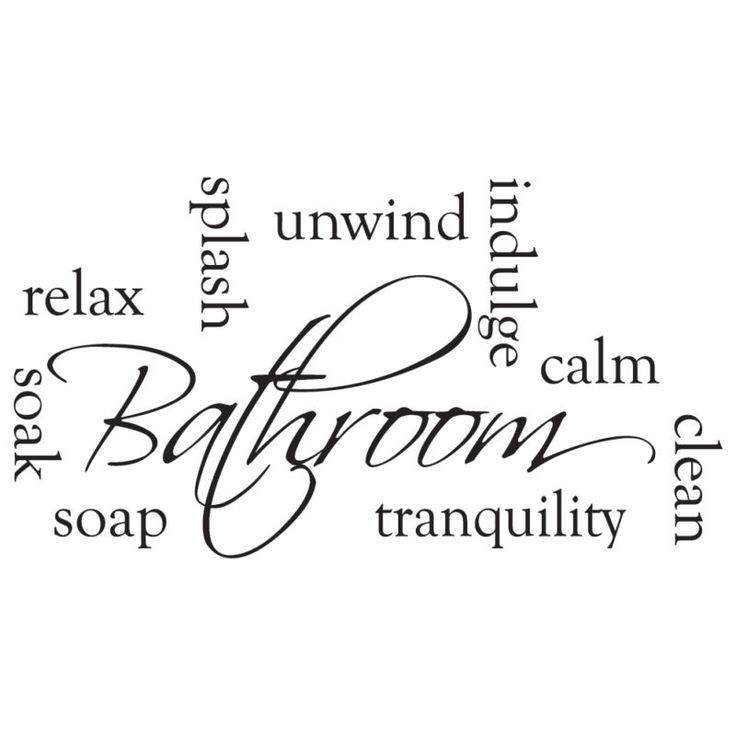
Exercise is a powerful tool for relaxation, possibly because it triggers the release of feel-good neurotransmitters like endorphins while reducing stress hormones like cortisol.
But you don’t necessarily need an intense workout to reap the benefits. Try starting with gentle and meditative movements like:
- yoga
- stretching
- a walk outdoors
Here’s a list of 8 exercises (mostly) outdoors that don’t feel taxing.
Grounding yourself in the here and now can help you to relax both physically and psychologically. Especially if you’re prone to rumination.
You can do this by:
- closing your eyes and focusing on your breath
- paying close attention to the details of your physical environment
- mindfulness meditation practice
Getting enough sleep is a key part of keeping stress managed. And if you’re not able to get enough at night, you can seize the opportunity to catch up during the day. Just be sure to set an alarm.
A catnap of around 20 minutes should get you some much-needed stage 2 sleep, which enhances alertness and boost your mood.
A lot of people are much harder on themselves than they ever would be on someone else. If that sounds like you, try to take a step back, and imagine that you’re speaking to a friend who’s stressed out.
What would you suggest they do? You could even try writing it down if it makes it easier to externalize your situation.
We tend to think of playtime as being solely for children, but it can be just as valuable for adults. Play can be just about any activity that is both pleasurable and done without purpose — in other words, just for the fun of it.
If you’re having trouble imagining what play might look like for you, start by thinking about how you played as a child. If you loved climbing trees, maybe you could go to a climbing gym. If you loved arts and crafts, consider getting yourself some paints.
If it was (or is!) dancing, then you know what to do!
The key is to find something you enjoy without any end goal in mind.
By offering help to a loved one, or even to a stranger, you could be doing yourself a favor too. According to research, helping other people can actually dampen the impact of everyday stress, and make you feel more relaxed and in control.
There’s a caveat to the above tip, though — always make sure you’re prioritizing your own well-being first. Think of the announcement on an airplane where you’re told to put your own oxygen mask on before helping anyone else.
By the same token, you can’t give help and support to others if you’re not already giving those things to yourself. Stress management starts with self-care.
If you or a loved one has ever been in a 12-step group for recovery from substance use, you may be familiar with the Serenity Prayer: “God grant me the serenity to accept the things I cannot change, courage to change the things I can, and the wisdom to know the difference.”
This is a valuable message for anyone to learn. It’s natural to worry about things you can’t change, whether it’s something close to home like the behavior of a loved one, or something more global like the environment.
But if you focus on things that are within your control, you may find yourself feeling less stressed and overwhelmed.
If you’re in a stressful situation and can feel the tension overtaking you, don’t be afraid to give yourself some literal space.
You can excuse yourself to the restroom, and use that time out to do a breathing exercise, a visualization, or any other brief activity that helps you to relax physically.
This is another option for that bathroom break. For most people, activities like brushing your teeth and washing your face call to mind either the beginning of the day or the beginning of the night.
By going through these rituals in the middle of the day — or whenever you feel stressed — you can physically signal to your brain that you’re starting afresh.
If you want to take this a step further, immersing your face in cold water may reduce your heart rate and make you feel less stressed.
Journaling can be a very powerful way to express whatever emotions are causing you stress, and has been shown to help with:
- anxiety
- depression
- trauma
- among other mental health conditions
You don’t need to write very much — consider starting with just a sentence or two, and see where the process takes you.
It’s all too easy for the workday to blend into the evening, particularly if you work from home or frequently have to answer emails after hours. This can mean you never get a chance to really unwind, which, in turn, can impact your sleep.
Developing a simple bedtime routine can help to signal to your brain that it’s time to start winding down. Your routine could include some of the tips above, like journaling and deep breathing.
Many people find it helpful to designate some tech-free time before bed. Whatever you choose, the main thing is to be consistent, so that over time you begin to associate these activities with bedtime.
This is How to (Actually) Relax
When you feel overwhelmed or exhausted, it can be hard to shift gears into relaxing. These tips will help you to find your Zen.
Relaxing sounds easy, but in practice, that’s not always the case.
There are a lot of reasons why you might find it hard to unwind: Maybe you feel guilty about taking time for yourself, or your daily life is so busy that downtime just feels impossible. Perhaps you live with an anxiety disorder, or another condition that creates a lot of tension.
Perhaps you live with an anxiety disorder, or another condition that creates a lot of tension.
Sometimes, you might turn to an activity that seems relaxing but leaves you feeling more depleted afterward — for example, recreational substance use, or scrolling on social media. But there are lots of stress reduction techniques out there that you may find more restorative.
Below are 20 tips and techniques for how to:
- relax your mind
- release stress from your body
- find more balance
For starters, keep in mind that relaxation is an incredibly individual thing. It’s totally OK if you find many of these tips don’t work for you — the key is noticing what does.
If you have trouble identifying what makes you feel relaxed, don’t worry. That’s quite a common feeling, and might be an indication of just how burnt out you are. Try to take note of what happens in your body when you try a new technique, and use that as your barometer.
Deep breathing is one of the fastest and most scientifically reliable ways to relax. Research shows that breathing techniques can help to activate the parasympathetic nervous system, which allows the body to:
Research shows that breathing techniques can help to activate the parasympathetic nervous system, which allows the body to:
- relax
- rest
- digest
It’s the opposite of the sympathetic nervous system, which controls the fight-or-flight stress response.
There are lots of different deep breathing techniques, but an easy one to start with is 4-7-8 breathing.
You can:
- close your eyes
- inhale for four counts
- hold that breath for seven counts
- exhale for eight counts
Try taking a moment to gently massage your jaw, focusing on the temporomandibular joint (TMJ) just below your ears. You might be surprised by how much tension you find there.
Even if you don’t grind your teeth or have a TMJ disorder, it’s very common to clench your jaw unconsciously in response to stress. Over time, this can build up and create a lot of tension.
To release it, try resting your tongue gently on the roof of your mouth, and then allow your teeth to part a little. You can find more jaw-release exercises here.
You can find more jaw-release exercises here.
Sometimes, it’s hard to relax if you know your to-do list is out of control. If you’re juggling lots of different tasks at once, try taking a few minutes at the start of the day (or whenever makes the most sense) to prioritize what’s most important.
Make sure that you’re realistic about how much you can get done in a day, and try not to overload yourself.
By the same token, it’s vital to keep track of the things you get accomplished, instead of always focusing on the tasks you didn’t manage to get to. One way to do this is by keeping a “ta-da list” – once you finish a chore, move it here from your to-do list.
By the end of the day, you’ll have a satisfying record of your triumphs, which can help you to feel like you’ve earned a break.
Spending time outdoors and in nature has been shown to improve mental health, and mitigate the symptoms of many conditions like depression and anxiety.
Consider some gentle exercise in a park, forest, or any outdoor space you have access to. Alternatively, you could volunteer at a community garden or farm, or explore a new hobby like bird-watching or foraging.
Alternatively, you could volunteer at a community garden or farm, or explore a new hobby like bird-watching or foraging.
If it’s a challenge for you to spend time physically in nature, there’s another option – visualize yourself there. Research from 2018 suggests this can have a surprisingly powerful effect on mood.
Visualization is a meditation technique that involves focusing on a particular mental image or scenario, as a way to relax or to feel more confident. Guided visualization meditation can be a wonderful way to start a practice.
Iceland hosts this joyscrolling site, of visual and auditory ASMR.
Exercise is a powerful tool for relaxation, possibly because it triggers the release of feel-good neurotransmitters like endorphins while reducing stress hormones like cortisol.
But you don’t necessarily need an intense workout to reap the benefits. Try starting with gentle and meditative movements like:
- yoga
- stretching
- a walk outdoors
Here’s a list of 8 exercises (mostly) outdoors that don’t feel taxing.
Grounding yourself in the here and now can help you to relax both physically and psychologically. Especially if you’re prone to rumination.
You can do this by:
- closing your eyes and focusing on your breath
- paying close attention to the details of your physical environment
- mindfulness meditation practice
Getting enough sleep is a key part of keeping stress managed. And if you’re not able to get enough at night, you can seize the opportunity to catch up during the day. Just be sure to set an alarm.
A catnap of around 20 minutes should get you some much-needed stage 2 sleep, which enhances alertness and boost your mood.
A lot of people are much harder on themselves than they ever would be on someone else. If that sounds like you, try to take a step back, and imagine that you’re speaking to a friend who’s stressed out.
What would you suggest they do? You could even try writing it down if it makes it easier to externalize your situation.
We tend to think of playtime as being solely for children, but it can be just as valuable for adults. Play can be just about any activity that is both pleasurable and done without purpose — in other words, just for the fun of it.
If you’re having trouble imagining what play might look like for you, start by thinking about how you played as a child. If you loved climbing trees, maybe you could go to a climbing gym. If you loved arts and crafts, consider getting yourself some paints.
If it was (or is!) dancing, then you know what to do!
The key is to find something you enjoy without any end goal in mind.
By offering help to a loved one, or even to a stranger, you could be doing yourself a favor too. According to research, helping other people can actually dampen the impact of everyday stress, and make you feel more relaxed and in control.
There’s a caveat to the above tip, though — always make sure you’re prioritizing your own well-being first. Think of the announcement on an airplane where you’re told to put your own oxygen mask on before helping anyone else.
By the same token, you can’t give help and support to others if you’re not already giving those things to yourself. Stress management starts with self-care.
If you or a loved one has ever been in a 12-step group for recovery from substance use, you may be familiar with the Serenity Prayer: “God grant me the serenity to accept the things I cannot change, courage to change the things I can, and the wisdom to know the difference.”
This is a valuable message for anyone to learn. It’s natural to worry about things you can’t change, whether it’s something close to home like the behavior of a loved one, or something more global like the environment.
But if you focus on things that are within your control, you may find yourself feeling less stressed and overwhelmed.
If you’re in a stressful situation and can feel the tension overtaking you, don’t be afraid to give yourself some literal space.
You can excuse yourself to the restroom, and use that time out to do a breathing exercise, a visualization, or any other brief activity that helps you to relax physically.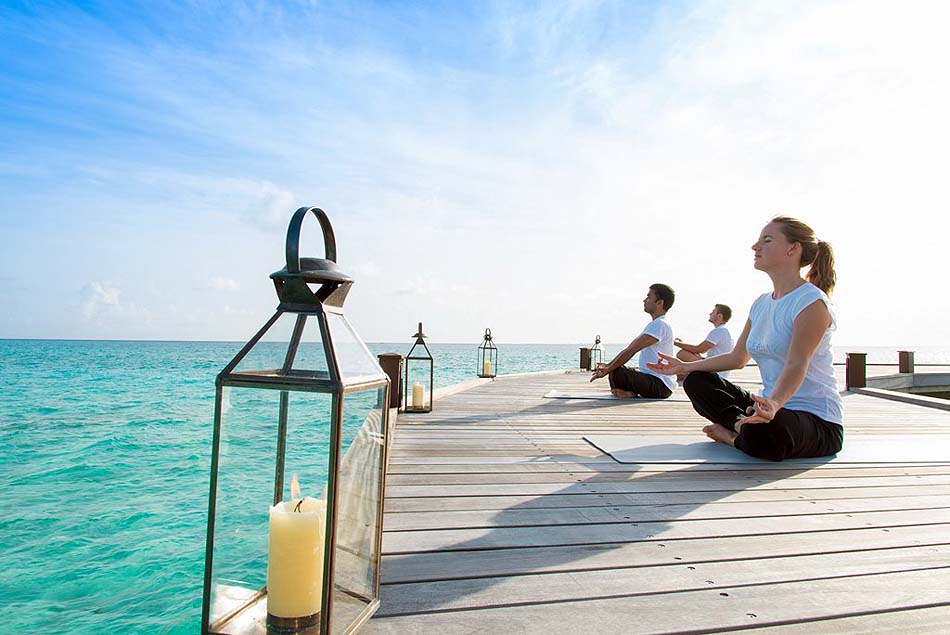
This is another option for that bathroom break. For most people, activities like brushing your teeth and washing your face call to mind either the beginning of the day or the beginning of the night.
By going through these rituals in the middle of the day — or whenever you feel stressed — you can physically signal to your brain that you’re starting afresh.
If you want to take this a step further, immersing your face in cold water may reduce your heart rate and make you feel less stressed.
Journaling can be a very powerful way to express whatever emotions are causing you stress, and has been shown to help with:
- anxiety
- depression
- trauma
- among other mental health conditions
You don’t need to write very much — consider starting with just a sentence or two, and see where the process takes you.
It’s all too easy for the workday to blend into the evening, particularly if you work from home or frequently have to answer emails after hours. This can mean you never get a chance to really unwind, which, in turn, can impact your sleep.
This can mean you never get a chance to really unwind, which, in turn, can impact your sleep.
Developing a simple bedtime routine can help to signal to your brain that it’s time to start winding down. Your routine could include some of the tips above, like journaling and deep breathing.
Many people find it helpful to designate some tech-free time before bed. Whatever you choose, the main thing is to be consistent, so that over time you begin to associate these activities with bedtime.
28 ways to relax in 5 minutes
June 25, 2012HealthAdvice
Meetings, rush jobs, presentations, new orders, mail, twitter, facebook* - everything has to be done, there is no time, faster, faster, faster... At the end of the day you fall without strength, like a squeezed lemon, cursing his miserable life. Meanwhile, it has long been proven that timely rest does not harm at all, but on the contrary, it increases our productivity. This does not necessarily take a lot of time or expensive equipment.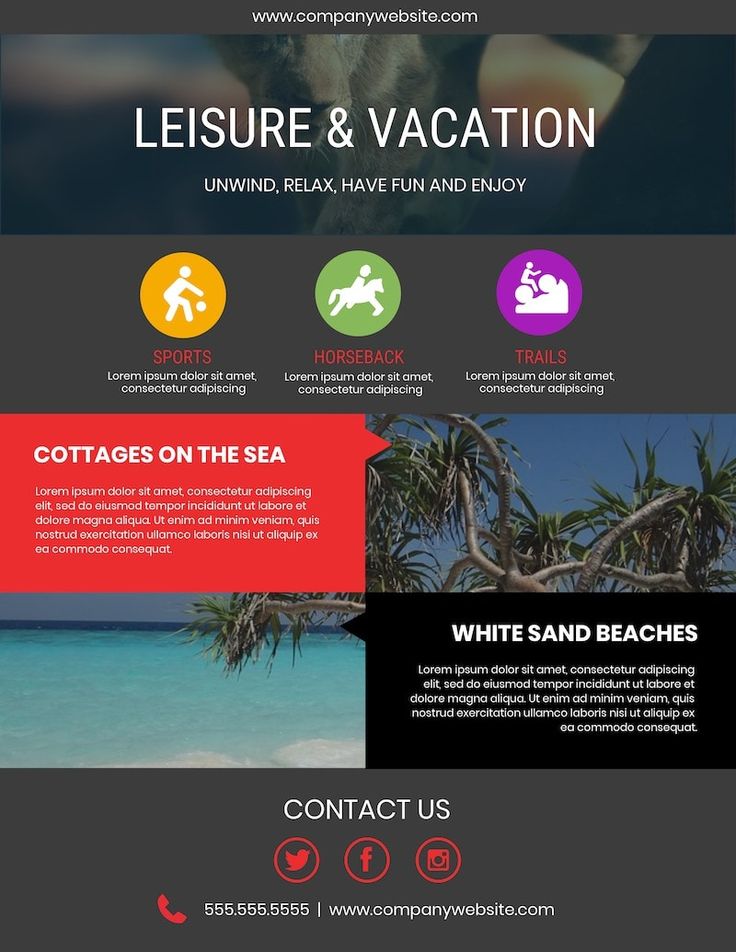
Share
0Nutrition
Drink green tea: Herbal tea has a great relaxing effect. Green tea is a source of L-theanine, which helps to get rid of anger. Boil water, brew tea and take a soothing sip - it only takes a couple of minutes.
Chocolate bar: A few pieces of dark chocolate will help you relieve stress and improve your mood. Dark chocolate regulates levels of the stress hormone cortisol and stabilizes metabolism, but be aware that this is not desirable to abuse.
A few spoons of honey: This product is not only a natural skin moisturizer and antibiotic, but also reduces arousal, which is an excellent remedy for anxiety and depression.
Eat a mango: Take a tropical vacation without leaving your desk. Juicy, flavorful mango contains a substance called linalool, which helps reduce stress levels. Don't worry about the juice running down your arms - it's worth it.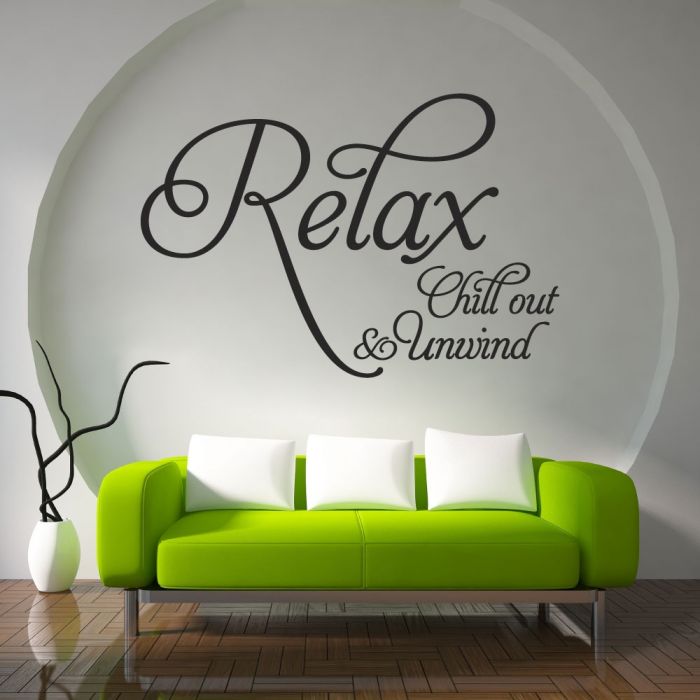
Chew gum: Menthol, fruit or any flavor you like. This is a surprisingly simple and effective way to beat stress. Just a few minutes of chewing can reduce anxiety and lower cortisol levels.
Inner peace
Put your head on the pillow: There are days when the only thing we really need is a good, long sleep. Unfortunately, if you are at work, this is usually not possible. But if you have a pillow, then you are already on your way to relaxation. Try to relax like this: put your head on a pillow for a few minutes and imagine that it sucks all your worries like a sponge.
Meditation: No need to run away to the mountains, just a few minutes in a calm quiet place is enough to reap the benefits of meditation. There are different meditation techniques to feel rested and calm. Find a comfortable and quiet place, concentrate on your breathing and feel that all worries begin to disappear.
Remember to breathe: Is there an easier way to relax? Slow, deep breathing can help lower blood pressure and heart rate. For a change, try breathing pranayama. This yogic method involves breathing first through one nostril and then the other, and is used to reduce anxiety.
For a change, try breathing pranayama. This yogic method involves breathing first through one nostril and then the other, and is used to reduce anxiety.
Try progressive relaxation: Stressed? Use the progressive relaxation method to learn how to relax in any environment. This method consists in the gradual learning of selective tension and relaxation of certain types of muscles.
Back count: Yes, this method is known to everyone and everyone, but it really works. Try counting forward and backward a few times. Your brain will not worry if it is busy with numbers.
Close your eyes: If you can close your eyes, it's all right. Just shield yourself from the noise of the office or the chaos of the street behind the protection of tightly closed eyelids. This is an easy way to restore calm and focus.
Body Relaxation
Give yourself a hand massage: Of course, you can't use the services of a professional massage therapist at your workplace.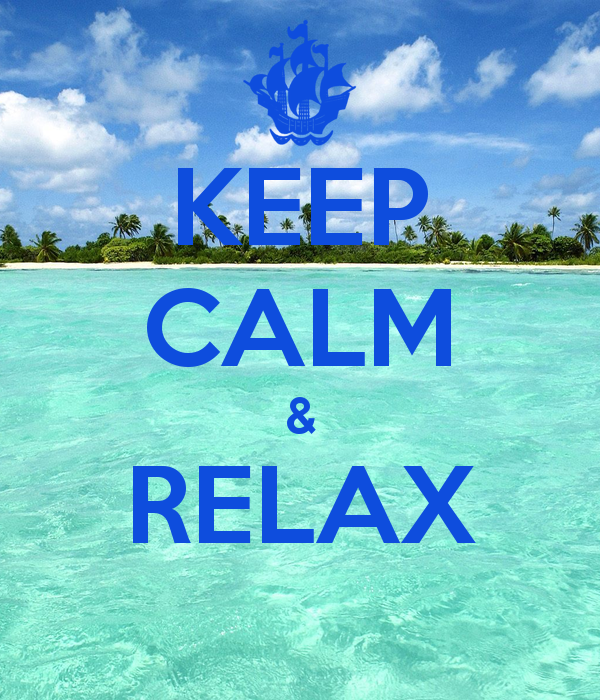 But it is quite possible to give yourself a hand massage. This will be especially useful for people who spend a lot of time in front of the keyboard. And if you have a little more than five minutes, then it is quite possible to give yourself a neck and even back massage.
But it is quite possible to give yourself a hand massage. This will be especially useful for people who spend a lot of time in front of the keyboard. And if you have a little more than five minutes, then it is quite possible to give yourself a neck and even back massage.
Try acupressure: Acupressure is a pressure point massage that owes its birth to ancient Chinese medicine. This method is less painful and completely safe, while being applicable everywhere and easily accessible for mastering by any person.
Roll a tennis ball: Take off your shoes and roll a regular tennis ball with your feet. Get a great impromptu foot massage. This is especially nice if you have to wear high heels.
Wet your wrists with cold water: If you feel like you are about to explode, go to the restroom and simply wet your wrists and behind your earlobes with cold water. This will help you quickly calm down and relieve stress.
New Wednesday
Be Alone: Not everyone needs a cabin in the woods, but five minutes of solitude will help you collect your thoughts and clear your head.
Create a Zen zone for yourself: find or create a special place for yourself to relax. This is a place where no one and nothing will disturb you. Perhaps it will be a comfortable chair in the hall or a secluded bench in the yard - the main thing is that you associate it with peace and relaxation.
Look out the window: If you constantly look at the TV screen or monitor, then a five-minute contemplation of real life outside the window can greatly clear your mind.
Clean up: The daily clutter around you can be a much more irritating thing than you think. The chaos on the table is very often a reflection of the chaos in your head. Remove all unnecessary, put things in order and you will see how beneficial it will affect you.
Exercises
Stretching: At this word, do you have an image of a sports hall and graceful gymnasts in splits? This is not at all necessary - you can stretch out without even getting up from your workplace. Try a good stretch up and to the sides, various body rotations, tilts, or, for example, this complex.
Try a good stretch up and to the sides, various body rotations, tilts, or, for example, this complex.
Yoga: Many people think that yoga is very difficult and not quite suitable for a noisy city. However, this is not at all the case. Yoga is a great way to take control of not only your body but also your mind.
Running in place: Try running in place for a few minutes to get the endorphins pumping into your bloodstream. Even brief physical activity can help beat stress and give you pleasure.
Creativity
Listen to your favorite song: It's amazing what transformations music can cause with our consciousness. If you are upset or depressed, if you need to collect or relax, then try listening to your favorite song and life will turn around in a completely different way.
Dance: Put together vigorous exercise, motivating fun music and a flight of the soul. Such an explosive mixture gives positive results in just a few minutes.
Keep a diary: Keeping a diary will help you not only get through the difficult moments of your life easier, but also lead a more meaningful life. Put events and emotions on paper, be honest with yourself and this will help you find peace.
Scents
Try Aromatherapy: It only takes a minute, place a few drops of lavender, tea tree or other essential oil in the palm of your hand and inhale. Soothing aromas can help you recover from stress and anxiety by stimulating the olfactory receptors in your nose, which act on the part of your brain that responsible for emotions.
Smell the citrus fruits: Oranges and tangerines are strongly associated with pleasure and celebration. The smell of citrus can help us relax by increasing levels of the stress-related hormone norepinephrine.
Smell the coffee: The smell of coffee invigorates and puts you in a good mood. This drink has not only a delicious unforgettable aroma, but also many other useful properties.
*Activities of Meta Platforms Inc. and its social networks Facebook and Instagram are prohibited in the territory of the Russian Federation.
How to relax and calm down, effective ways - MyGenetics Blog
How often have you caught yourself thinking that you are tired and cannot fully relax even on weekends? Most likely, this is a consequence of constant stress and loads that the body can no longer cope on its own. To avoid overwork, you need to understand how to learn to relax psychologically and physically, without losing working capacity.
Even in the most difficult and difficult moments, being able to relax means giving yourself the opportunity and the way to build a defense against stress. This will help to get rid of many problems of modern people. Insomnia, headaches and migraines, weakening of the immune system. Each of the points is most often caused by general fatigue of the body.
To understand how to learn to relax, you need to understand the causes of stress.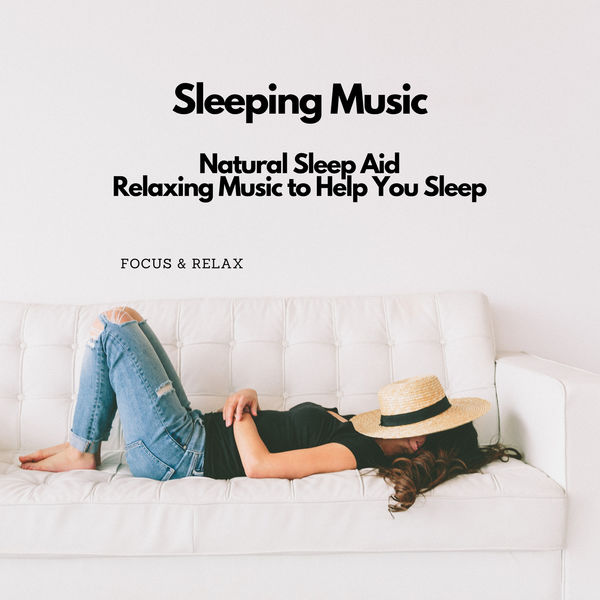 This will help you quickly learn to activate internal forces and be calm more often. To do this, it is not at all necessary to visit a specialist's office or expensive salons for relaxation. It is enough to understand how to negotiate with your own body.
This will help you quickly learn to activate internal forces and be calm more often. To do this, it is not at all necessary to visit a specialist's office or expensive salons for relaxation. It is enough to understand how to negotiate with your own body.
What is the ability to relax
Often people forget how important it is to give yourself a break. The ability to relax physically and emotionally is a useful function of the body, which can be forgotten over time. Especially if you have been under constant stress and conflict for a long time.
Internal problems cannot find a way out if you do not know how to relieve stress without resorting to the help of a psychologist. Nevertheless, there are such ways of relaxation, and there are many of them. It is enough to find a suitable option for yourself and do not forget to use it from time to time.
The ability to disengage from unpleasant surroundings and thoughts - this is the ability to relax. You can do this almost anywhere where you can retire for a few minutes. Failures, problems and other negativity will gradually recede from you.
Failures, problems and other negativity will gradually recede from you.
Why am I tense
The reasons why you experience constant stress and fatigue can be very diverse. The most frequent of them are:
- overload at work;
- conflict situations on the street and at home;
- financial difficulties and unforeseen situations;
- stress from bad news;
- nervous tension due to constant noise;
- frequent negative thoughts.
As a result, a lot of negative energy accumulates inside you. She presses not only psychologically. Instinctively, your body tries to protect itself from the influence of negativity. As a result, you get tight muscles, poor sleep and constant tension in the body.
Residents of megacities are more likely to be affected by stressful situations. This is due to the increased speed of life, which is why it is so important to be able to relax quickly without wasting precious time. Otherwise, your body will not be able to cope even with everyday activities.
Otherwise, your body will not be able to cope even with everyday activities.
How to relax properly
To combat fatigue and overexertion, it is not enough just to sleep or lie down with your favorite book. Yes, and most often it is problematic to find time for such a vacation. However, there are ways to get rid of stress in a very short time. It is easy to learn to relax during the working day. At the same time, you do not lose your efficiency and can quickly return to the ranks of your colleagues.
When there is a lot of free time, it is worth using it to the maximum in order to bounce back. So you can not only fully get rid of overload, but also teach the body to deal with stress at any time. The technique of performing actions for rest, by the way, does not require special skills and abilities. Therefore, you can safely proceed to improve your well-being and strengthen the nervous system.
Relaxation techniques for stress
Do you understand that it is difficult to restrain negative emotions rushing out? This is the first sign of overwork and excessive stress.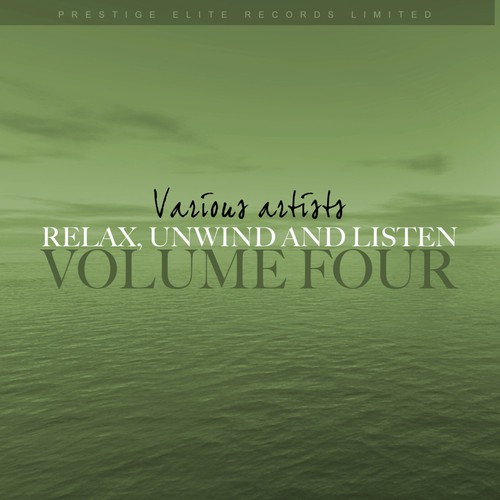 If suppressed in oneself, such manifestations can develop into depression and other mental illnesses. But you can’t openly pour out anger and fear, especially in a crowded place. There are methods to deal with piled overvoltage quickly:
If suppressed in oneself, such manifestations can develop into depression and other mental illnesses. But you can’t openly pour out anger and fear, especially in a crowded place. There are methods to deal with piled overvoltage quickly:
- Identify the cause of your stress. Understanding the cause of such an unpleasant state is the first step towards peace. Can't figure out what's really bothering you? Ask yourself the question "Why?" And for each answer, ask again “Why is that?”. This will help you get to the bottom of the true cause of the condition.
- Try to remove all negative thoughts from your mind and focus on any pleasant event in your life. The more vivid the memory, the better.
- Do some simple exercise. For example, jumping or waving your arms. This will help the body effectively deal with the stress hormone.
- Breathe deeply. Inhale the air, filling yourself with it from the bottom up (from the stomach to the chest), and exhale vice versa, from the top down.

These simple actions will not relieve you of overload completely, but will give you the opportunity to calm down for a while. Later, at home in a calm environment, you can use a more effective method of relaxation.
How to learn to relax psychologically
Your subconscious is quite capable of coping with any load. You just need to be able to activate the defense mechanisms. Meditation and proper breathing will help you with this. It's not as difficult as it might seem.
Choose a time when you can be alone with yourself. Sit in the lotus (if you can) or half lotus position. It is important to keep your back straight so as not to prevent the lungs from being completely filled with air. Close your eyes and breathe slowly and measuredly. Try to imagine a calm, peaceful place, such as the sea or a field. Make yourself feel like a light wind is blowing in your face. It brings favorite smells, pleasant and unobtrusive.
How to relax emotionally
Most of our problems are internal. They do not allow you to fully rest and relax properly. It is very difficult to get rid of negative thoughts and emotions. However, it is very important to learn how to do this in order to ensure inner harmony and peace.
They do not allow you to fully rest and relax properly. It is very difficult to get rid of negative thoughts and emotions. However, it is very important to learn how to do this in order to ensure inner harmony and peace.
Do not look for causes of stress in your environment and try not to think badly even about the most unpleasant circumstances. Train yourself to be an optimist and find the good in everything. Got laid off at work? This is your chance to find something you love. Wet in the rain and caught a cold? So there was time to devote the day only to yourself and finally read a new book.
How to relax the body with meditation
The ability to relax completely can be obtained not only during a massage session. Although this method is undoubtedly very effective. Meditation helps to achieve the optimal balance between inner peace and relaxation of the body. This greatly increases the body's chances of resistance to the surrounding negativity.
For a full-fledged meditation, it is worth allocating at least 20 minutes a day.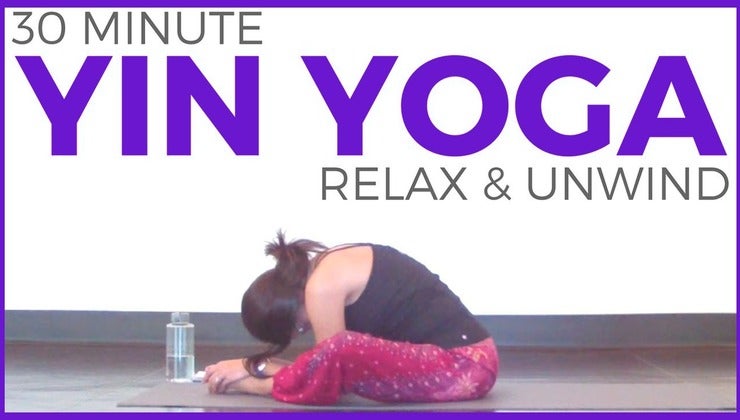 At this time, no one should disturb or pull you. Avoid excessive noise, but you can turn on the music. It is worth choosing calm melodies, without sharp transitions. A slow rhythm will help you better coordinate your breathing.
At this time, no one should disturb or pull you. Avoid excessive noise, but you can turn on the music. It is worth choosing calm melodies, without sharp transitions. A slow rhythm will help you better coordinate your breathing.
How to relax the brain
As you know, mental work much more often leads to exhaustion of the body than physical work. The reason is that the work of the brain involves too many nerve cells. And the longer you do not give yourself a break from the constant thought process, the stronger the impact of stress will be. You can’t overload yourself with problems and worries every day, while forgetting to rest.
How to give the brain a break from mental work, while not losing the ability to quickly respond to changing tasks? It is worth learning to protect yourself from bad thoughts. Yes, at first it is quite difficult to do this. But by practicing constantly, you will learn to let any negative thoughts pass you by without loading your brain:
- Focus more on positive thoughts, or better yet, write them down.

- pick up a few favorite natural fragrances and inhale them a couple of times a day for 5-6 minutes.
- learn to value your opinion above someone else's, you should not depend on what people think.
Three simple steps that will successfully relax your head and relieve your brain of tension.
How to relax from stress
Faced with stress, many people are afraid of new actions and thoughts, which dooms themselves to constant fatigue. This problem needs to be solved very quickly, as it acts destructively on your subconscious. The researchers concluded that the female sex is more prone to stress than the male. Increased emotionality and a low psychological protective barrier affect.
How to relax a woman faced with stress, so as not to injure the nervous system anymore? Give yourself half an hour of rest a day. During this time, you should use breathing exercises, drink warm tea and think about your dreams. It is about dreams, not goals, which are easy to achieve with enough time and money.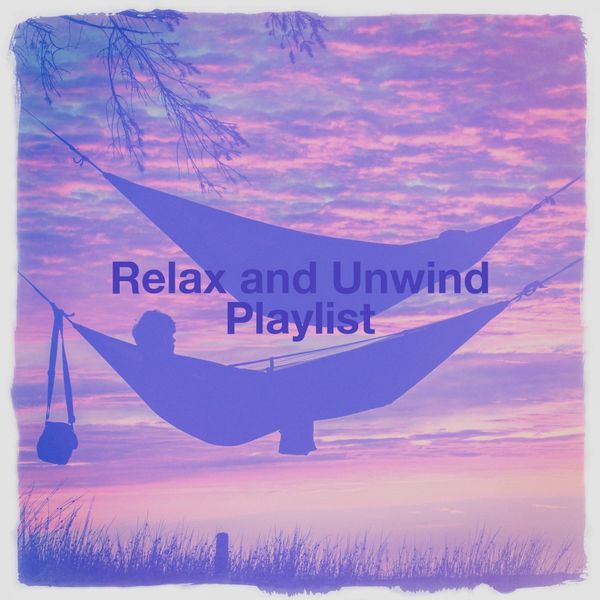 Every emotion you have at this moment should be filled with positivity and happiness.
Every emotion you have at this moment should be filled with positivity and happiness.
Schulz method
A successful practice in dealing with stress is the Schultz complex. This professor is fully convinced that every person has a certain degree of ability to hypnosis. And with the help of it, it is quite possible to fight overwork. You need to do this in several steps.
- Feel the heaviness. Lie down as comfortably as possible and close your eyes. Make yourself feel completely at peace and calm. Then focus on making the left hand feel heavy. Bend your elbow and take two deep breaths in and out. Then repeat the same, but with the right hand.
- The next step - the same exercise is performed, but with the replacement of heaviness with a feeling of light warmth. It is important to really feel the mental projection.
- Place your hand on your heart and confidently say in your mind that your heartbeat is even and calm. This should be repeated four times.
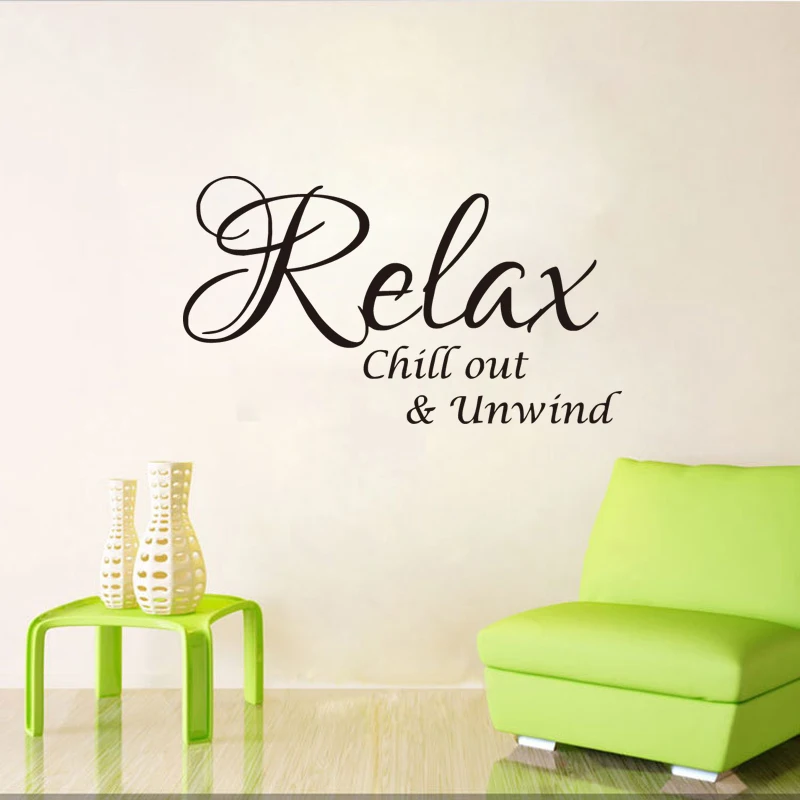
- Control your breathing. As in the previous step, repeat in your mind that your breathing is calm and light.
- Relax the abdominal muscles and feel the warmth in the solar plexus area. After a while, you will feel like you are in a hot bath.
- To end the exercise, focus on the thought that your forehead is cool and the breeze is blowing on it.
Breathing relaxation technique
It is worth understanding how to completely relax with the help of breathing. Yes, we breathe all the time, but only certain techniques will help to cope with overvoltage. First of all, remember that deep breathing should not be sharp, you need to inhale and exhale smoothly and slowly.
The topic of proper breathing is well known to those who practice yoga. It is in this teaching that it is well told how to breathe for the benefit of oneself. Do not be too lazy to pick up a few simple exercises for yourself and perform them daily.
Do a DNA test
Scientists have found that the presence of a certain set of genes provides stress resistance. It is this mechanism that allows you to relax and avoid the critical state of overvoltage. To determine your level of preparation for the negative, you can do a MyNeuro DNA analysis. This will help to identify possible problems in the mechanisms of protection against stress and work to strengthen them.
Where to order a genetic test
Our center offers to carry out all the necessary genetic research. Thanks to modern equipment, you can find out the features of your body. Our experts will help you accurately decipher all the received data. Based on this information, it will be easy for you to determine your strengths and weaknesses, and choose a path for developing stress tolerance.